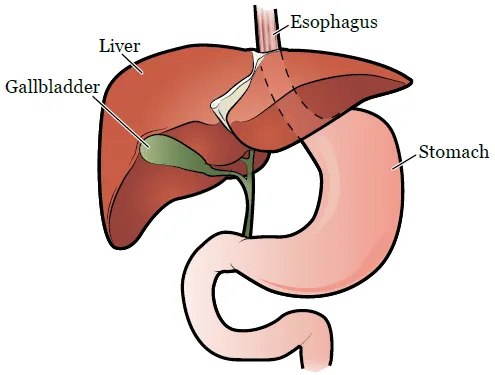Our gallbladder is a small, tear-drop shaped organ located under your liver (see Figure 1). Its main function is to store bile. Bile is a substance that is made in the liver and helps your body digest fats. Your gallbladder releases bile when food, especially fatty food, enters the digestive tract.
A cholecystectomy (removal of the gallbladder) is done when the gallbladder becomes infected or when gallstones are present, causing symptoms. More than 500,000 Americans undergo gallbladder surgery each year. Once the organ is removed, the main bile duct takes over the function of the gallbladder by carrying more bile from the liver during digestion.
Below is a typical itinerary for someone getting the Cholecystectomy with our surgeons:


For your convenience, we have designed Medical Tourism Packages for Gastroenterology procedures that include the following:


Our network of Gastroenterologist surgeons is composed of a select group of talented and experienced doctors who, in their private practice, perform the most advanced and innovative procedures to treat gastrointestinal disorders. Our Gastroenterologist surgeons undergo a rigorous vetting process to guarantee the highest safety and quality standards for our international patients. Our compliance team ensures our doctors are fully accredited and licensed where they practice and meet the following requirements:
Lastly, our recruitment and compliance teams interview all our Gastrointestinal surgeons in person, visit their facilities, meet past and current patients, and review their medical processes and protocols to confirm they meet the highest standards.


Health & Wellness Bazaar is your trusted one-stop shop for anything related to Medical Tourism in Tijuana, Mexico. We are a full-service Patient Advocacy team devoted to your health, safety and satisfaction when you choose to travel to Mexico for medical care. Your only concern is your recovery, we take care of the rest.